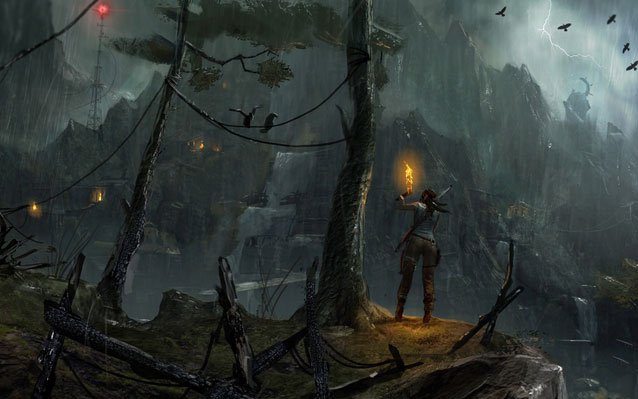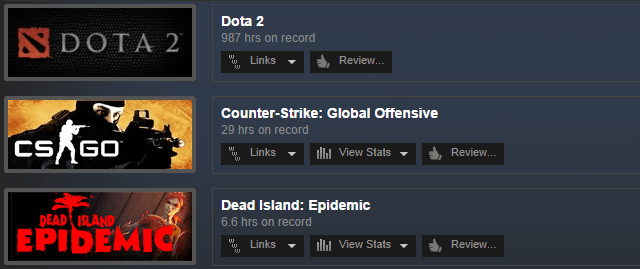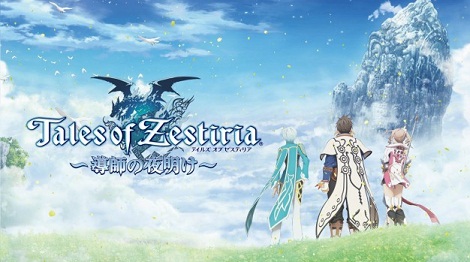

Some Multiwinia advice: if you’re going to type chat messages, type them quickly. In the few seconds it takes to tell ShrimpVektor79 about your toenail operation, or remind PenzancePete that his mum smells of poo, the seeds of defeat can be sown, watered, germinated, harvested, and served up steaming in a tasty defeat-sprout stir-fry. This hectic multiplayer-focused Darwinia spinoff is as full of glee and spectacle as any RTS we know. Almost every session of it leaves us smiling like a catnip-addled Cheshire Cat, and yet there’s something about its breathlessness and tactical gameplay – let’s be charitable and call it ‘simplicity’ rather than ‘poverty’ – that disappoints.
Introversion have stripped the plot and pathos from their 2005 RTS oddity and replaced it with war, war, and more war. Six skirmish modes, mimicking such shooter formats as Capture the Flag, King of the Hill and Assault frame the slaughter. Forty-plus maps ensure it always takes place in a hauntingly beautiful locale. Variety seems guaranteed and yet, outside of the ingenious Rocket Riot mode (secure solar arrays, refuel rocket, load Multiwinians before enemy does same), most sessions seem to boil down to the same thing: two to four factions working furiously to flood spawn-points or score zones with hundreds of tiny chirruping stickmen.
On one level the simplicity is great. No bases to build, no resources to reap or complicated unit combos to master means less time slogging through tutorials and more spent watching swarms of stickies spewing grenades and laser death. Misgiving arises when you start looking ahead. Will fun this flimsy still be fun in a month’s time? Maybe we’re being too analytical, too pessimistic. Maybe we just need to accept at face value the little jolts of joy we feel when we place an ants’ nest next to an opponent’s spawner or watch a wing of Space Invaders douse an enemy formation in napalm. Introversion, perhaps conscious that the swarm-capture dynamic wasn’t strong enough on its own, have bolstered it with crate-delivered special powers. Periodically, glowing containers tumble from the sky. Process them with a gang of Multiwinians and you unlock one-shot super weapons, single units, or if you’re unlucky, nasty viruses.
An unpacked APC or napalm strike probably won’t turn an entire game. A gun turret, meteorite storm, or nuclear attack just might. One second, glory is within your grasp; the next, you’re staring bewildered at a sea of soul kites (the pretty diamonds left behind when stickies die) and wondering who meted out the meteor shower. It’s particularly galling when the bugger responsible is someone you knocked out five minutes earlier. When a host has ticked the Retribution option, eliminated players get to hang around unleashing crate powers at intervals like bored gods.
In its default state Multiwinia isn’t a game overly bothered with balance. A few incidents like the random arrival of AI-controlled Futurewinians and Evilwinians are so shamelessly cataclysmic, so brutally unfair, you just have to shrug and grin. When a vast flying saucer starts drifting over your lines hoovering up your troops like spilt Rice Krispies, you realize you’re not meant to be taking any of this too seriously. So maybe it’s wrong to judge this by the stultifying standards of the genre. Multiwinia bouts tend to be brief – five to ten minutes – so who cares if AI factions gang up on you or your adversary gets great crates? You can always launch another game and wait for Fate to switch sides.
Who cares either when the injustice is taking place in such sublime surroundings? The inside of Sepulveda’s supercomputer looks even better now than it did in dazzling Darwinia. New features like the rockets and assault fortresses loom over the crystalline landscape like monstrous totems, new pyrotechnic effects flower and fade quite stunningly. A small part of us wishes that all this beauty, all this atmosphere, had been put to work in a single-player game rather than a multiplayer one. All of the maps and modes can be enjoyed offline in the company of challenging AI forces (there are a few locations that seem to cause CPU-controlled factions problems) but, without the superstructure of a story, it all feels a bit pointless. Darwinia was a game that made us get dewy-eyed over silly green stickmen. Multiwinia is a visual feast, a crude yet compelling MP delight, but the death of thousands of its stars leaves us stone-cold.
Oct 15, 2008




 Keep Your Brain Young For the Long Haul
Keep Your Brain Young For the Long Haul Child of Light Wiki – Everything you need to know about the game. .
Child of Light Wiki – Everything you need to know about the game. . GTA V: Here's How You Can Try Out Customized Lowriders In Creator Mode Without Paying For It
GTA V: Here's How You Can Try Out Customized Lowriders In Creator Mode Without Paying For It 6 Reasons Why You Cant Play Destiny Raids
6 Reasons Why You Cant Play Destiny Raids Tales of Zestiria tips and strategy guide
Tales of Zestiria tips and strategy guide